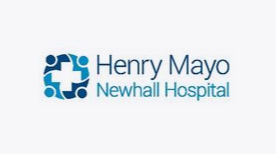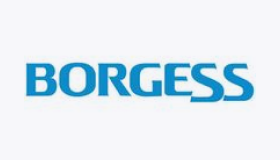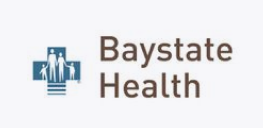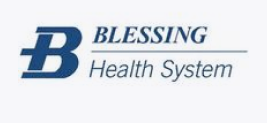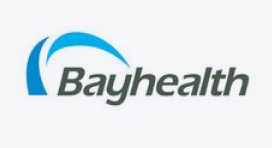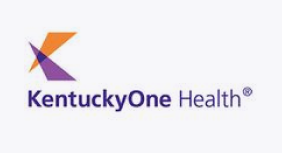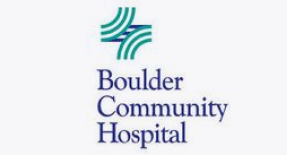May 5, 2022
How Hospitals are Partnering with Pharma To Improve Outcomes?
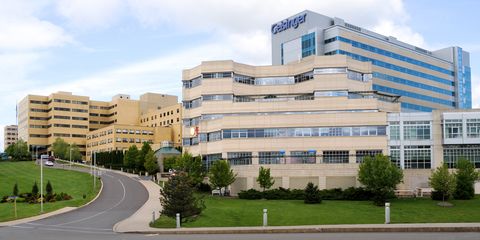
Hospitals and pharmaceutical manufacturers have traditionally looked at themselves as transactional partners, but that relationship is changing dramatically.
Over the past year, Geisinger has worked with some of the world’s largest pharmaceutical manufacturers on digital health tools designed for patients and caregivers to improve care coordination, better manage pain and improve medication adherence.
The partnerships allowed Geisinger and pharma to work toward a common interest: helping patients. Historically, the business environment and federal regulations have limited how closely pharmaceutical companies can interact directly in patient care. It also comes at a time when health systems are openly challenging the pharmaceutical industry with a new hospital-led generic drug company born directly out of frustration with pharmaceutical monopolies that drove up costs.
Geisinger and Merck: A Web-Based Medication Adherence Project
Teams from Geisinger and Merck will work together to improve patient adherence, increase the role of patients in making decisions to help manage their conditions, share information among extended care teams, and improve clinical care processes. The first tool being developed is an interactive web application designed to help primary care clinicians assess and engage patients at risk for cardiometabolic syndrome.
The web application and other care management solutions that Merck and Geisinger develop will initially be tested within the Geisinger system – a system at the forefront of the innovative healthcare delivery models with a value based care approach focused on improving adherence and developing methods to better engage patients. Merck, meanwhile will contribute the scientific research that they have developed to better understand the drivers of non-adherence and develop evidence-based interventions.
Other System Partnerships
Geisinger isn’t alone with these partnerships. Baxter and Mayo Clinic have announced plans to jointly build a renal care center in Florida and Genzyme and Cleveland Clinic have been researching treatments for multiple sclerosis together since 2014.
While it may seem counter-intuitive for pharma giants to promote non pharmacological treatments, these partnerships do have the ability to build brand awareness. Further, when patients feel they are benefiting from their drugs and the support that comes with them, their medication adherence can increase, which will in turn, benefit the manufacturers.
Benefits to Everyone?
Although keeping patients on schedule with their medications would mean more sales volume for drug makers, it also could prevent emergency room visits and hospital stays, according to recent research. One recent study found that 63 percent of patients do not take their medication as directed. Improving adherence is critical for hospitals in particular because the Affordable Care Act penalizes hospitals for high readmission rates.
Ultimately, many health-care professionals with no particular allegiance to pharmaceutical companies recognize that improved adherence dramatically decreases catastrophic health events that result in emergency room visits, hospital stays, and huge costs.



